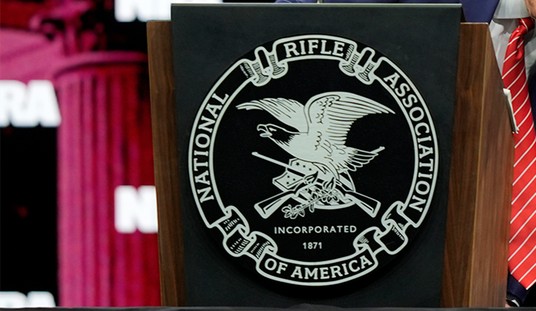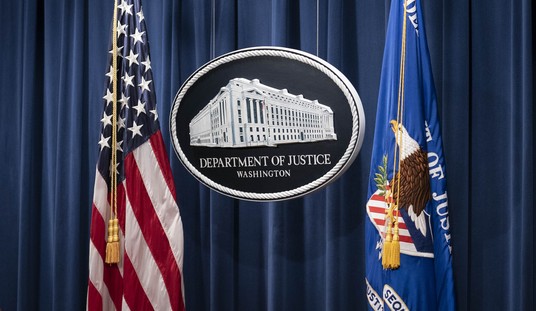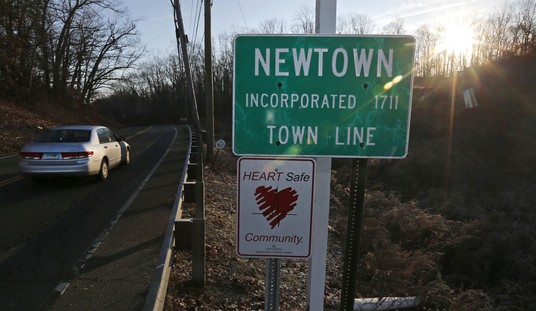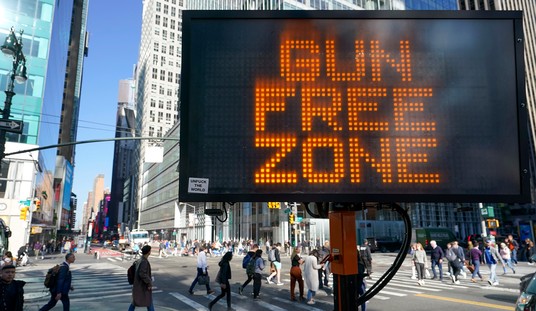Facebook and Instagram are banning influencers from promoting firearms, vaping, and tobacco through “branded content” on the social media platforms, in a move that could have wide-ranging impacts on the marketing and advertising for companies throughout the firearms industry, as well as impacting the financial bottom line of influencers themselves. CNBC reports:
Instagram announced Wednesday it would no longer allow “branded content” that promotes those goods on either platform…
This change closes a loophole in Facebook’s advertising policies. Even though Facebook’s ad policies have banned the advertising of vaping, tobacco and weapons, private users can post about them, and until now advertisers could theoretically put paid promotion behind those posts.The company said it would begin enforcement of the new rule “in the coming weeks.” An Instagram spokesperson said this is the first time it’s implementing restrictions around the type of items that can be promoted for branded content.
If this only affects companies that pay to promote the posts by influencers, as CNBC reports, this won’t have much of an impact. However, if this is truly a ban on “branded content,” it’s going to affect much more than that, and I fear that’s actually the case. This is how Facebook defines “branded content.”
Branded content is produced by a publisher or creator for payment by a business partner, where the partner influences the content or is featured in it.
And here’s Instagram’s definition.
We define branded content as a creator or publisher’s content that features or is influenced by a business partner for an exchange of value (for example, where the business partner has paid the creator or publisher).
Our policies require creators and publishers to tag business partners in their branded content posts when there’s an exchange of value between a creator or publisher and a business partner.
It sure looks like this policy is meant to curtail any and all posts where the influencer’s been compensated by a firearms company, gun store, or range. If that’s the case, then this won’t just make waves in the firearms industry. It could be an earthquake. As Deanna Waddell from Gunship Helicopters in Las Vegas told the website Vox earlier this year, social media influencers are an extremely effective way for companies to reach their audience.
Waddell insists that digital advertising in the gun industry is nearly impossible without influencers — “The platforms shut it down. They don’t care for that information” — and that “everyone tries to work together” to counteract the limitations imposed by Facebook and Instagram and, to a lesser degree, YouTube. (To get a leg up on the dozens of gun ranges in the region, Gunship organizes explosions specifically for YouTubers who visit Las Vegas and require a spectacle to post on their channels.)
“They can promote our product better than we can,” she says of influencers. “That’s the sad part, because they’re not a gun company. We can pay them to promote our product, but we can’t promote our own. In regards to Facebook and Instagram, it really is the only way for gun companies to grow.” Big gun companies, local shooting ranges, and gun-adjacent lifestyle brands share this reality.
Jon Stokes, an editor at ThePrepared.com and one of founders of the tech site Ars Technica, says he’s not surprised by Facebook’s new policy.
This isn’t surprising at all, given the direction these platforms have been going in for quite a while now. Earlier this year Facebook locked down our Instagram account at theprepared.com because we had a picture of a hunting knife. They complained the knife was in a “non-culinary context” so it was off-limits, and we had to remove it. Ultimately, this shift from limiting ads to demonetizing and even restricting certain types of politically disfavored content is something we can look forward to more of.
The anti-Second Amendment bias on display by Facebook is really disturbing to see. Facebook, for example, is also changing its policy regarding influencer posts on alcohol, but they’re restricting access to those posts based on age. Given that we’re talking about an item (firearms) that are a constitutionally protected right, why ban advertising for them completely when you could simply restrict access to the ads for those old enough to legally purchase a firearm?
Yes, Facebook has a right to set their policies as they see fit. I just see this leading to more attempts to work around the policy, and further attempts to restrict influencers and the industry, and a game of cat-and-mouse taking place for years to come. Why not simply put a common sense policy in place; give users the ability to opt out of receiving firearms ads, restrict ads to those old enough to purchase the items in question, prohibit ads that glorify the misuse of firearms or illegal or unsafe acts committed with the firearm, and whatever other legal language the company would want to add to ensure that any gun-related ads didn’t promote unlawful violence or inappropriate use of the guns in question.
I reached out to the National Shooting Sports Foundation for comment about the Facebook/Instagram’s decision, and here’s what Lawrence G. Keane, Senior Vice President and General Counsel, told me.
We will be reaching out to Facebook- and Members of Congress – to discuss this latest example of corporate virtue signaling by a social media company with monopoly power against constitutionally protected products and speech. This corporate boardroom policy will do nothing to make our communities safe. Facebook claims to about creating communities and connecting people, unless of course the community is law abiding gun owners exercising their First and Second Amendment Rights. Facebook is clearly not welcoming open discussion of these ideas in elitist anti-gun Silicon Valley.
I think the firearms industry is more than willing to talk to Facebook about a policy that makes sense for both sides. It’s my sincere hope that one day the company is willing to do the same.








Join the conversation as a VIP Member